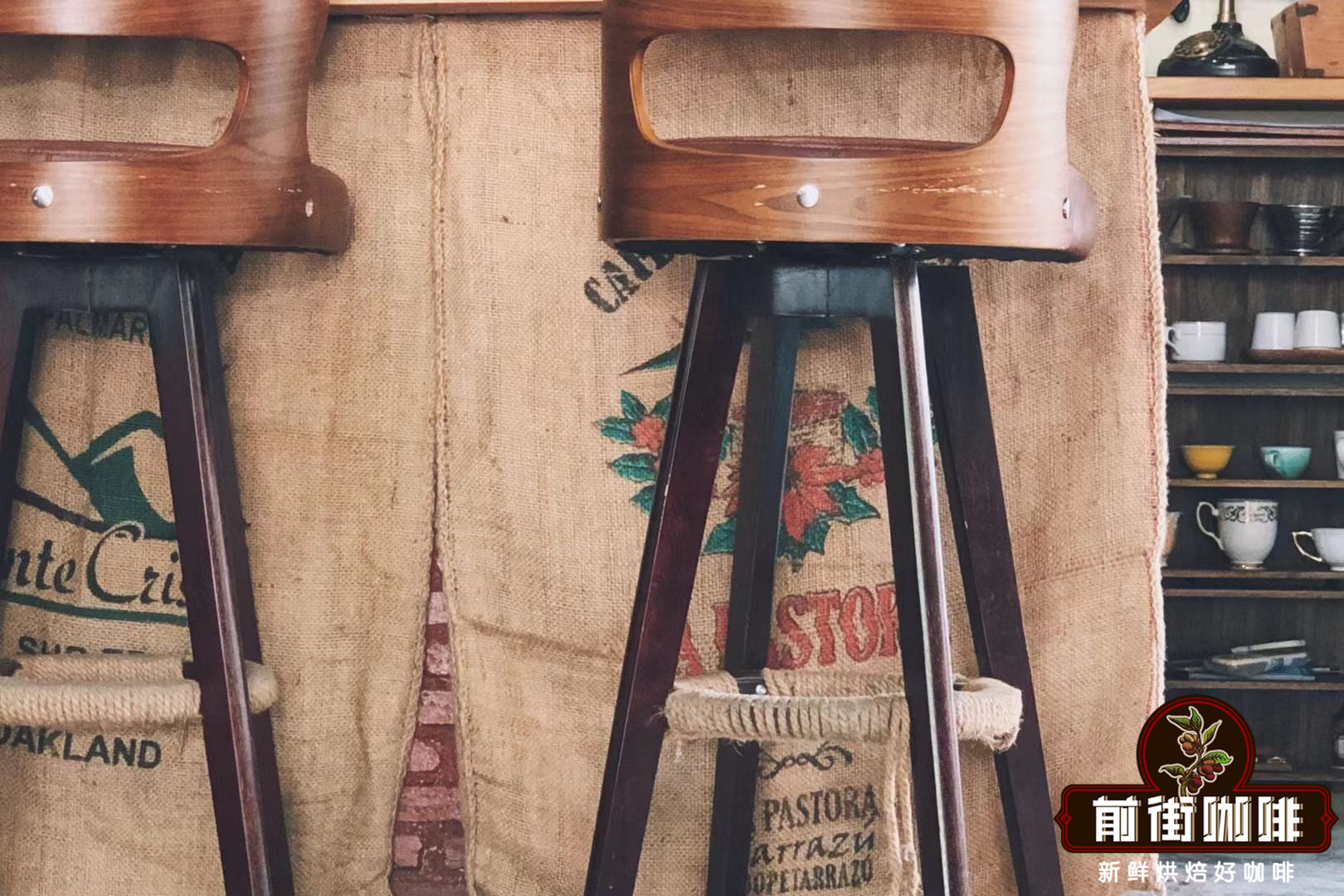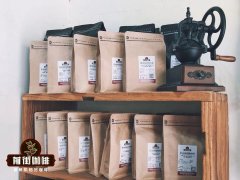How Elephant Coffee and Monkey Coffee are made the price of Elephant Coffee
Although Kopi Luwak Indonesian Kopi Luwak is one of the most popular poop coffee, it is not the only one. Elephant poop coffee, produced by Black Ivory Coffee Company in Chiang Sing, northern Thailand, is made in a way similar to Kopi Luwak. It's just that elephant coffee makes poop coffee easier to swallow.
How is it made? Compared with masked palm civet coffee, elephant poop coffee has experienced a controlled and morally conscious process. It begins with Arabica cherries, which grow 1500 meters above sea level. High altitude means that coffee beans are already of high quality.
Cherries are picked and brought to elephants. Unlike masked palm civet, elephants still maintain a healthy and diverse diet to ensure that coffee is mixed with other foods. After the digestion process, farmers then collect beans from feces and then process them further.
In any case, this is not an effective process, and it takes as many as 33 pounds of beans to make one pound of black ivory coffee, making it one of the rarest coffees, costing about $1000 a pound. Coffee is most common in five-star luxury hotels in Asia and the Middle East, and its profits are used for elephant protection.
What's that smell?
This expensive coffee extracted from elephant droppings has floral and chocolate flavors with hints of malt, spices, leather, cherries and even grass. Coffee is soft and mellow, more like tea, without any pungent bitterness.
Although it is often compared to masked palm civet coffee, the farmers who make black ivory coffee claim it is better. They attribute it mainly to the fact that, unlike masked palm civet, elephants are herbivores, and the vegetables in their diet help with the fermentation process, making the coffee smoother and removing all bitterness.

Monkey poop coffee
Another exotic coffee processed with the help of animal digestion is monkey coffee produced by Chikmagalur in India. The climate in the area is pleasant and coffee production is booming. Rhesus monkeys are species that live near plantations, and like other animals on the list, they like to eat juicy coffee cherries.
How is it made?
Although it is often called monkey poop coffee, this time, no feces are involved in the production process. finally! In this case, monkeys chew cherries and spit them out, so they are partially digested by saliva.
Like masked palm civet coffee, monkeys also choose the most mature, sweetest and best cherries, which is why the coffee quality is so good. After harvest, beans go through the routine process of washing, processing and drying. Interestingly, the beans partially digested by the monkeys turned gray instead of the usual green.
What's that smell?
Coffee processed with monkey saliva is full-bodied with pleasant acidity and less bitterness. These beans have very varied flavors, with citrus, nut, chocolate and prominent vanilla flavors. These exquisite flavors are most suitable for use in dumping or Philharmonic presses.
More affordable, at $320 a pound, the coffee is still so rare that less than 100 pounds are available for purchase throughout the year. This explains why a cup can cost you about $10.
Important Notice :
前街咖啡 FrontStreet Coffee has moved to new addredd:
FrontStreet Coffee Address: 315,Donghua East Road,GuangZhou
Tel:020 38364473
- Prev

How do I use the coffee maker? how do I choose the coffee maker? Recommended hand flushing pot
- Next

Beginners drink coffee to know the main types of coffee beans How to choose good coffee beans
When walking into a coffee shop, the drinks on the menu can cause anxiety. There may be a lot of choices and you may not know which one to choose. If you are also a coffee shop owner, you can also provide customers with a wide variety of drinks. To drink the best coffee, or to serve the best coffee, you have to understand the different types of coffee drinks. You should also understand the different types of coffee on the market.
Related
- What brand of black coffee is the most authentic and delicious? what are the characteristics of the flavor of the authentic Rose Summer Black Coffee?
- Introduction to the principle and characteristics of the correct use of mocha pot A detailed course of mocha pot brewing coffee is described in five steps.
- Which is better, decaf or regular coffee? how is decaf made?
- How much is a bag of four cat coffee?
- How about four Cat Coffee or Nestle Coffee? why is it a cheap scam?
- Which is better, Yunnan four Cats Coffee or Nestle Coffee? How about cat coffee? is it a fake scam? why is it so cheap?
- How about Cat Coffee? what grade is a hoax? which instant coffee tastes better, four Cat Coffee, Nestle Coffee or G7 coffee?
- Process flow chart of coffee making-Starbucks coffee making process what coffee tastes good at Starbucks
- The top ten best coffee beans in the world Rose summer coffee or Tanzanian coffee tastes good
- Yunnan four cat coffee is good to drink?_four cat coffee is a big brand? four cat blue mountain coffee is fake?

